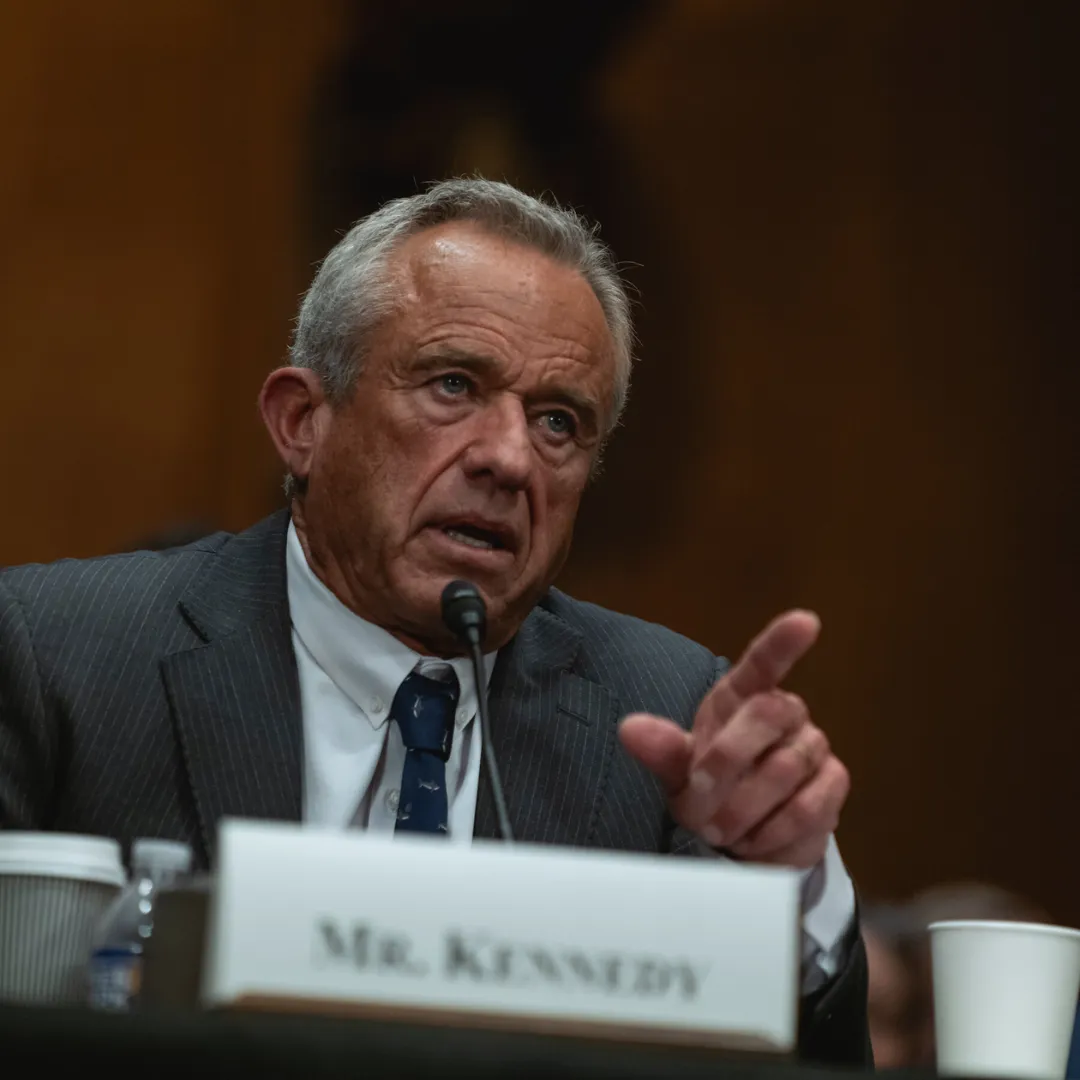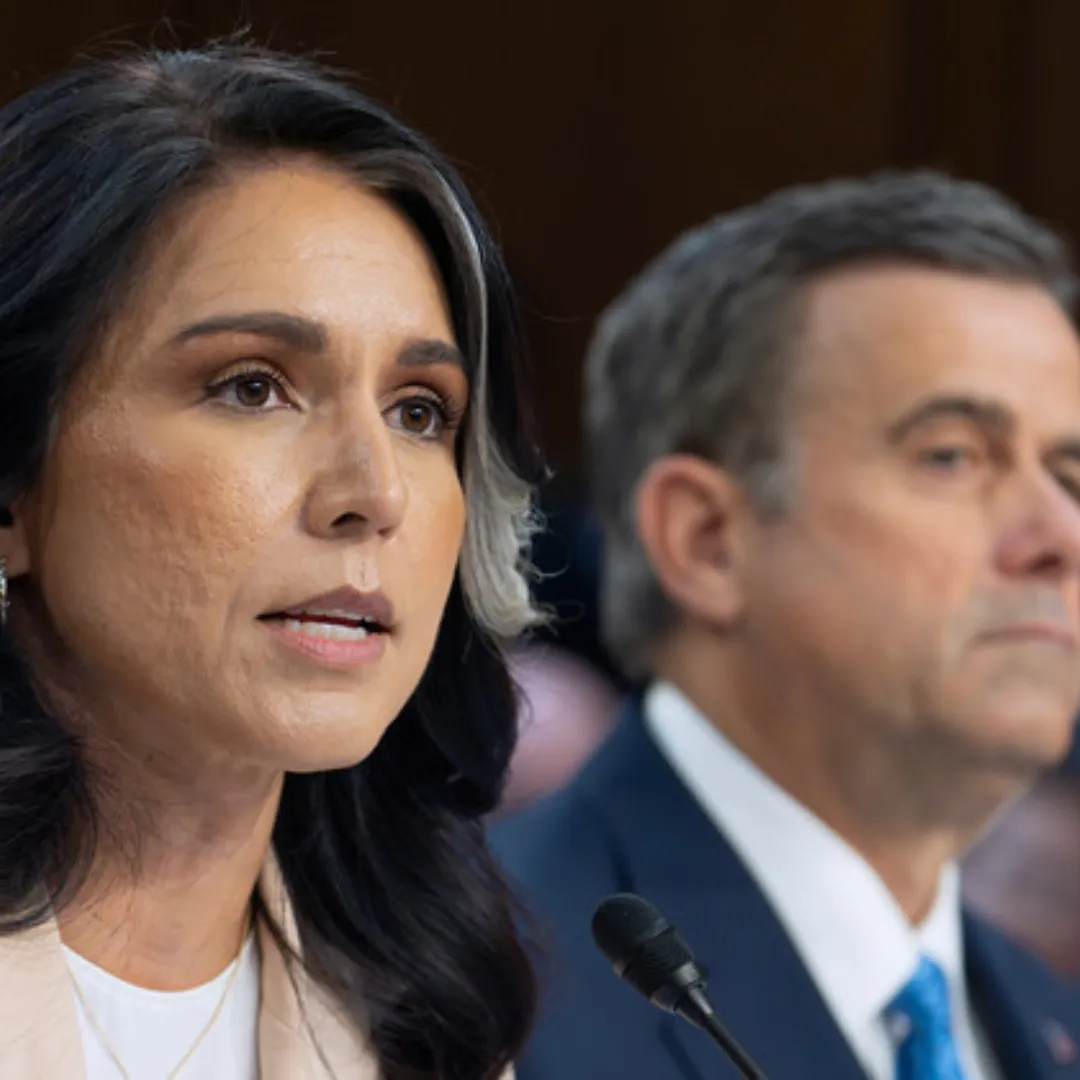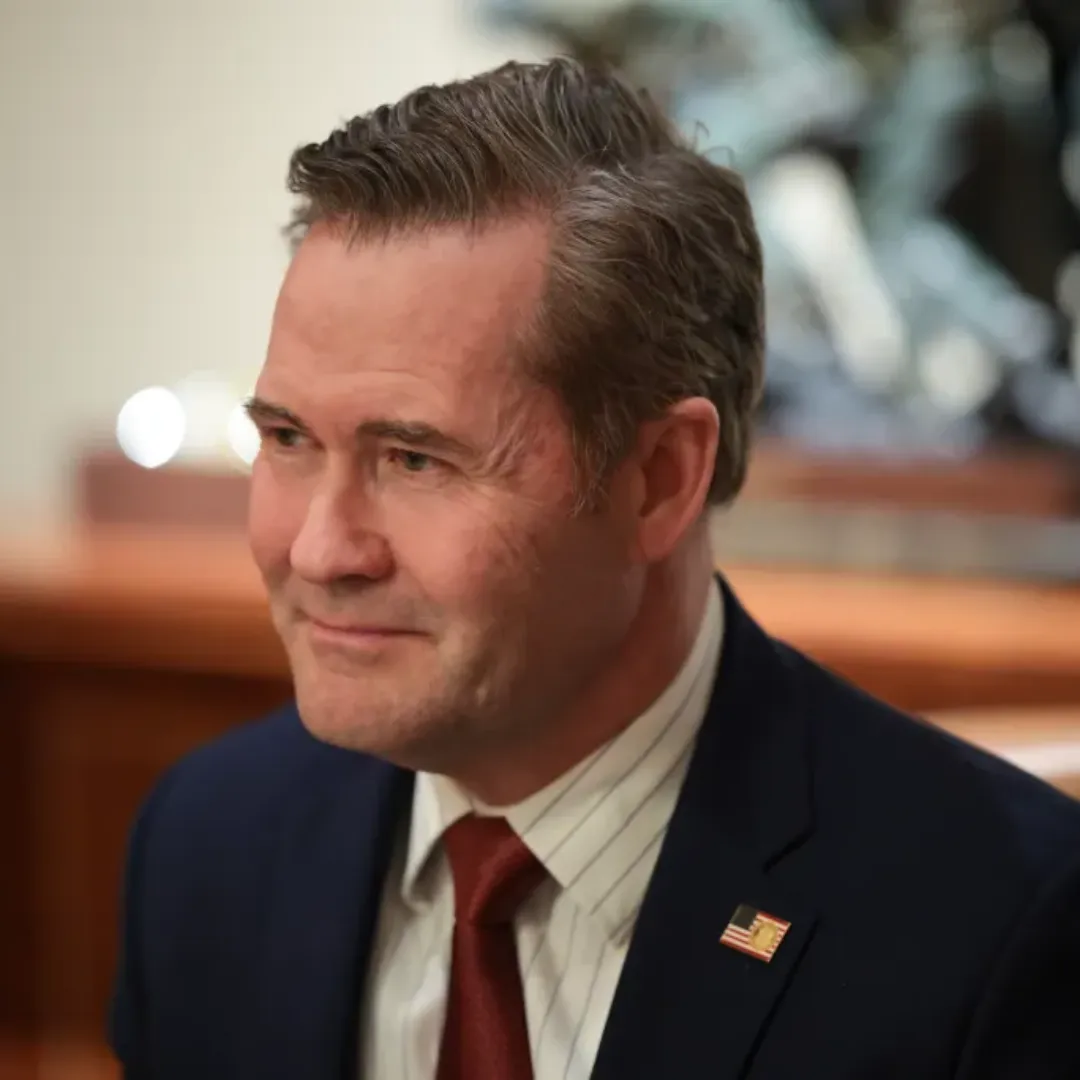Less than two months into President Trump’s second term, Secretary of Defense Pete Hegseth is at the center of a brewing scandal that could set the tone for how the administration handles internal accountability and national security missteps.
The incident, involving the accidental inclusion of a journalist in a Signal group chat containing sensitive military information, has sparked intense scrutiny — particularly among Republican senators, who appear increasingly uneasy with Hegseth’s judgment but are, for now, stopping short of demanding his resignation.
The group chat reportedly detailed the timing and logistical movements surrounding a pending U.S. military strike on Houthi rebel targets in Yemen. While the strike proceeded without disruption, the unintentional leak has become a lightning rod for criticism, raising questions about the administration's protocols for safeguarding sensitive operational information.
“This is the first strike,” remarked Sen. Kevin Cramer (R-N.D.), a member of the Senate Armed Services Committee. “Don’t let it ever happen again.” His baseball metaphor captured the prevailing mood: frustration without finality.
Cramer noted that, while he isn’t yet calling for Hegseth’s dismissal, repeated mistakes of this nature could become untenable.
Other Republicans, echoing Cramer’s tone, described the episode as a “screwup” — serious, but not yet fatal. Yet beneath the surface, there is clear discomfort with Hegseth’s conduct and the broader implications for Trump’s national security leadership.
President Trump, for his part, has attempted to downplay the controversy. Speaking to reporters earlier this week, he described the episode as “the only glitch in two months,” signaling his continued support for Hegseth and National Security Adviser Mike Waltz, who reportedly initiated the group chat.
But sources close to the administration say Trump is privately unhappy with the incident and how it has unfolded publicly. According to one GOP senator, the president is “not happy,” but for now sees no need to remove Hegseth or Waltz.
This suggests Trump is attempting to contain the fallout without conceding ground to critics — a strategy that could backfire if the situation continues to escalate.
The administration’s public messaging has only complicated matters. Hegseth, speaking from a tarmac in Hawaii, flatly denied having shared “war plans” over Signal, even as a National Security Council spokesperson confirmed the authenticity of the leaked texts.
His remarks — which provoked derision from both journalists and members of his own party — were perceived as evasive and out of step with the facts.
Fox News commentator Brit Hume posted a video of Hegseth’s comments, accompanied by a simple but scathing caption: “Oh for God’s sake.” Hume later criticized the administration’s clumsy response, arguing that they had worsened the scandal by quibbling over definitions — “war plans” versus “attack plans” — instead of addressing the core issue: the breach of secure communication protocols.
This incident has placed Republican lawmakers in a bind. Many are wary of undermining the president’s early-term agenda or appearing disloyal to a newly installed Cabinet official. But there’s also palpable concern about Hegseth’s suitability for a role that requires a meticulous approach to national security.
Senate Armed Services Committee Chair Roger Wicker (R-Miss.) expressed concern over the nature of the information shared. “The information as published recently appears to me to be of such a sensitive nature that, based on my knowledge, I would have wanted it classified,” Wicker told reporters.
He and ranking Democrat Sen. Jack Reed (D-R.I.) are jointly pressing for a swift inspector general investigation and a classified briefing for lawmakers.
In addition, Wicker and Reed are working on a separate letter requesting that all Signal communications from the relevant officials be preserved, signaling that this episode is unlikely to be quietly swept under the rug.
Hegseth’s confirmation to lead the Pentagon in January was itself a razor-thin affair. Vice President J.D. Vance had to cast a tie-breaking vote after three prominent Republicans — Sens. Susan Collins (Maine), Lisa Murkowski (Alaska), and Mitch McConnell (Ky.) — voted against the nomination.
McConnell, a key voice on defense appropriations, had been openly skeptical of Hegseth’s credentials, warning that his eagerness to serve as a “change agent” was not a substitute for the gravitas and competence required of a Defense Secretary. “Mr. Hegseth has failed, as yet, to demonstrate that he will pass the test,” McConnell said at the time.
Now, McConnell’s early warnings appear prescient. Collins, who also sits on the Intelligence Committee, called the use of a commercial messaging app to discuss operational plans “egregious,” but left the question of Hegseth’s job security to the president.
While Republicans are trying to manage the scandal internally, Democrats are seizing the opportunity to cast Hegseth as a liability.
Senate Majority Leader Chuck Schumer (D-N.Y.) minced no words: “He should be fired.” House Democratic Leader Hakeem Jeffries (D-N.Y.) echoed the sentiment in a letter to President Trump, writing that Hegseth’s continued presence in the role “threatens the nation’s security and puts our brave men and women in uniform throughout the world in danger.”
Their messaging is clear: this is not just a communications mishap — it’s a national security failure.
Republican Sen. Thom Tillis (R-N.C.), who voted to confirm Hegseth despite reservations, said the incident was troubling — particularly if the information shared was classified. “The best way to end a crisis is to look right at it and get the facts out,” he said, urging transparency and swift closure.
But Tillis also raised a fundamental operational question: “Why share any of that information with anyone that close to the execution of a kinetic strike unless they were material to the execution of the operation?” His question strikes at the heart of the controversy — was this an operational necessity, or a serious lapse in judgment?
Sen. John Cornyn (R-Texas), a senior member of the Intelligence Committee, offered a more forgiving view, calling the incident “a screwup” but not necessarily a firing offense. “They’ll fix it and move on,” he said.
National security expert Sen. Lindsey Graham (R-S.C.) acknowledged the sensitivity of the disclosed information, even while defending the broader team. “While not discussing war plans per se,” Graham said in a statement, “the texts do in fact detail very sensitive information about a planned and ongoing military operation.”
Graham emphasized that Trump should “stick” with his team but urged the administration to learn from the experience. “Don’t say this was perfect, because it wasn’t,” he told reporters.
Ultimately, the Signal chat debacle has become a referendum on leadership, discretion, and the learning curve of a new national security team. While few are rushing to push Hegseth out the door, the chorus of concern is growing louder — and more bipartisan.
For now, the president is standing by his appointees. But the coming weeks will be telling. If the inspector general’s report reveals that classified materials were mishandled or that standard operating procedures were ignored, the political cost could rise significantly.
The incident may also serve as an early warning sign for how the Trump administration’s second term manages crisis response and inter-agency communication — or fails to.







